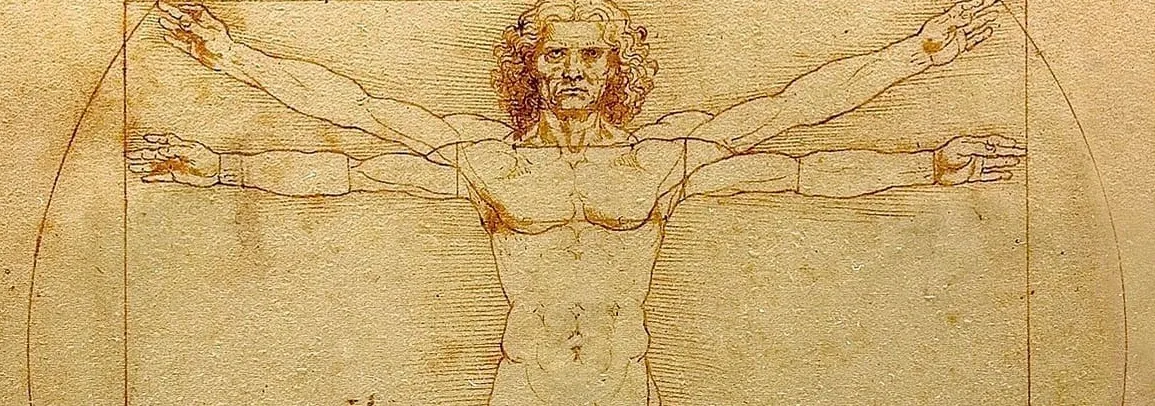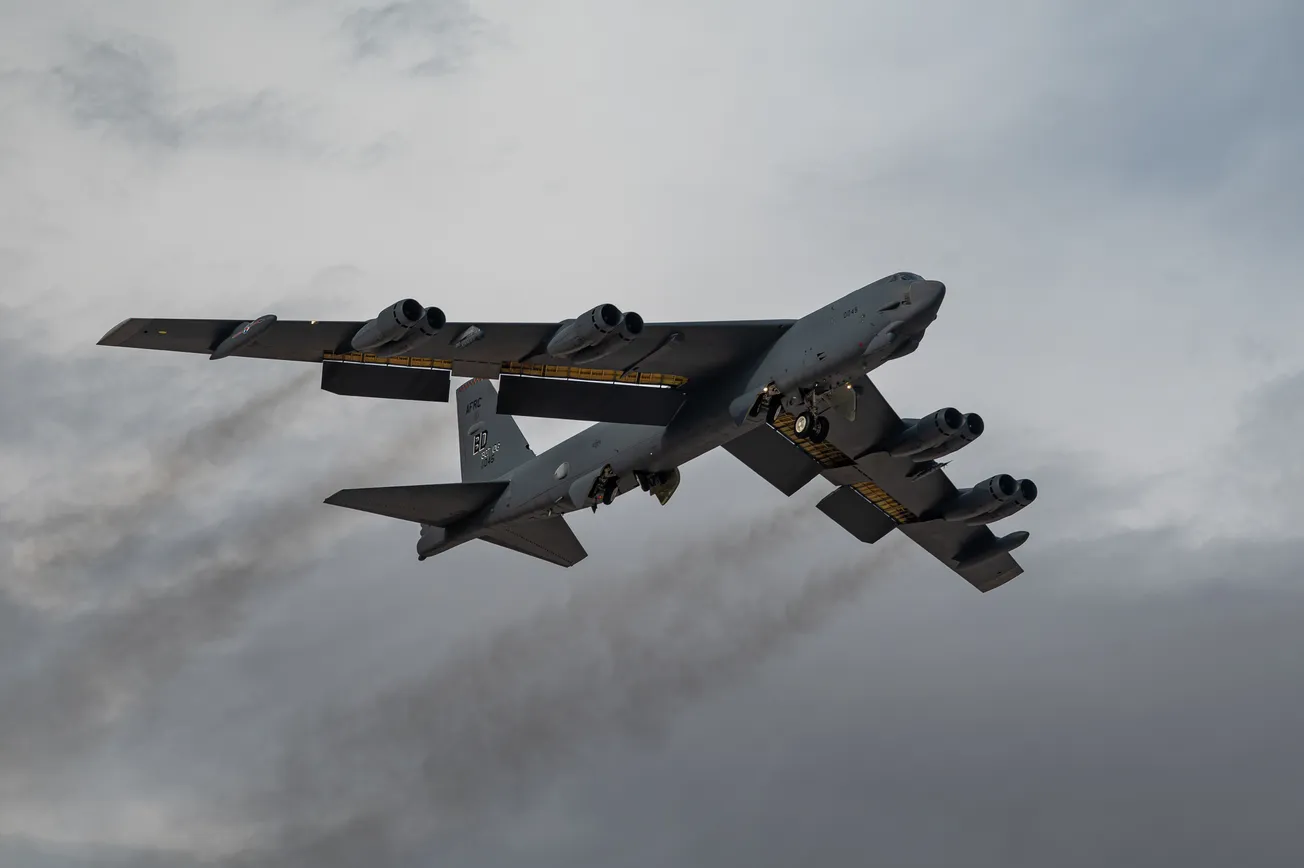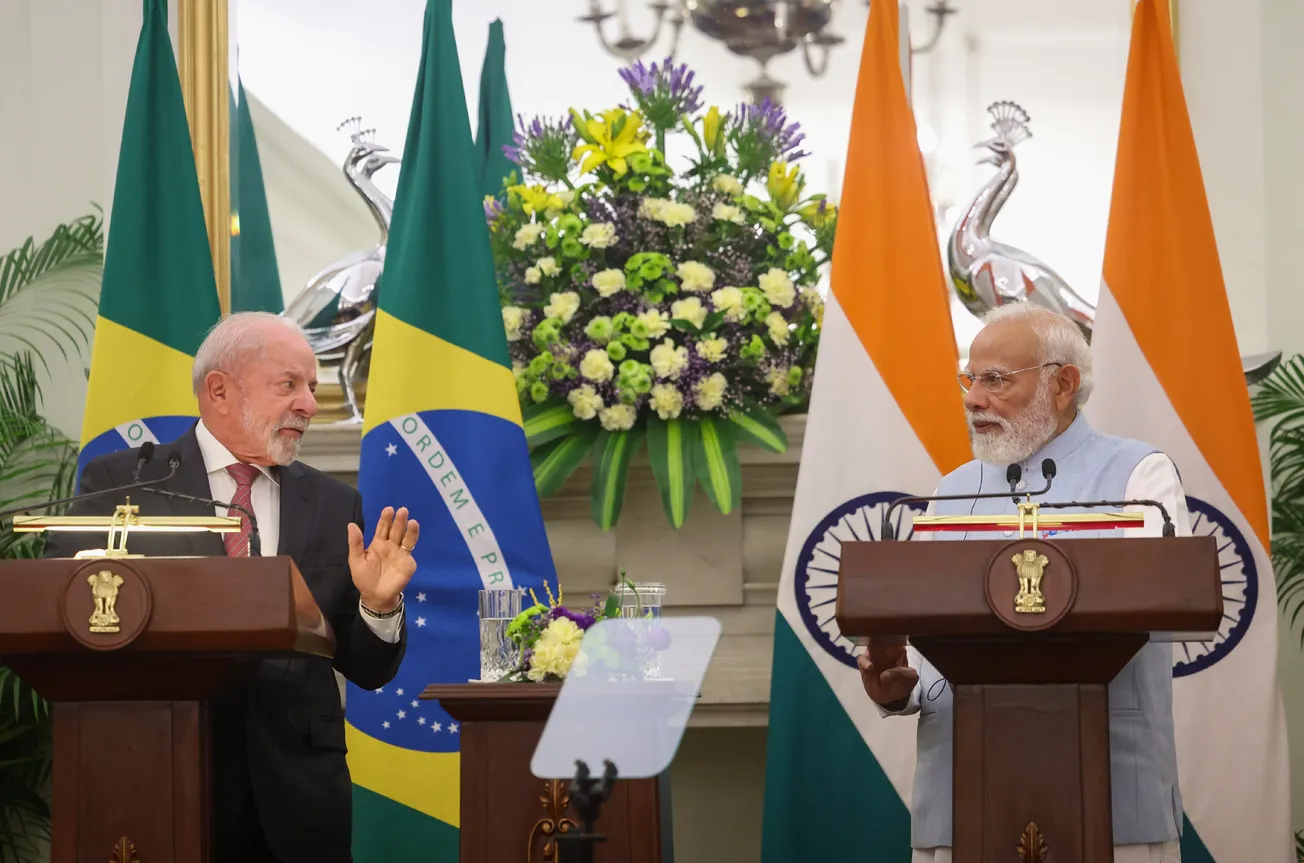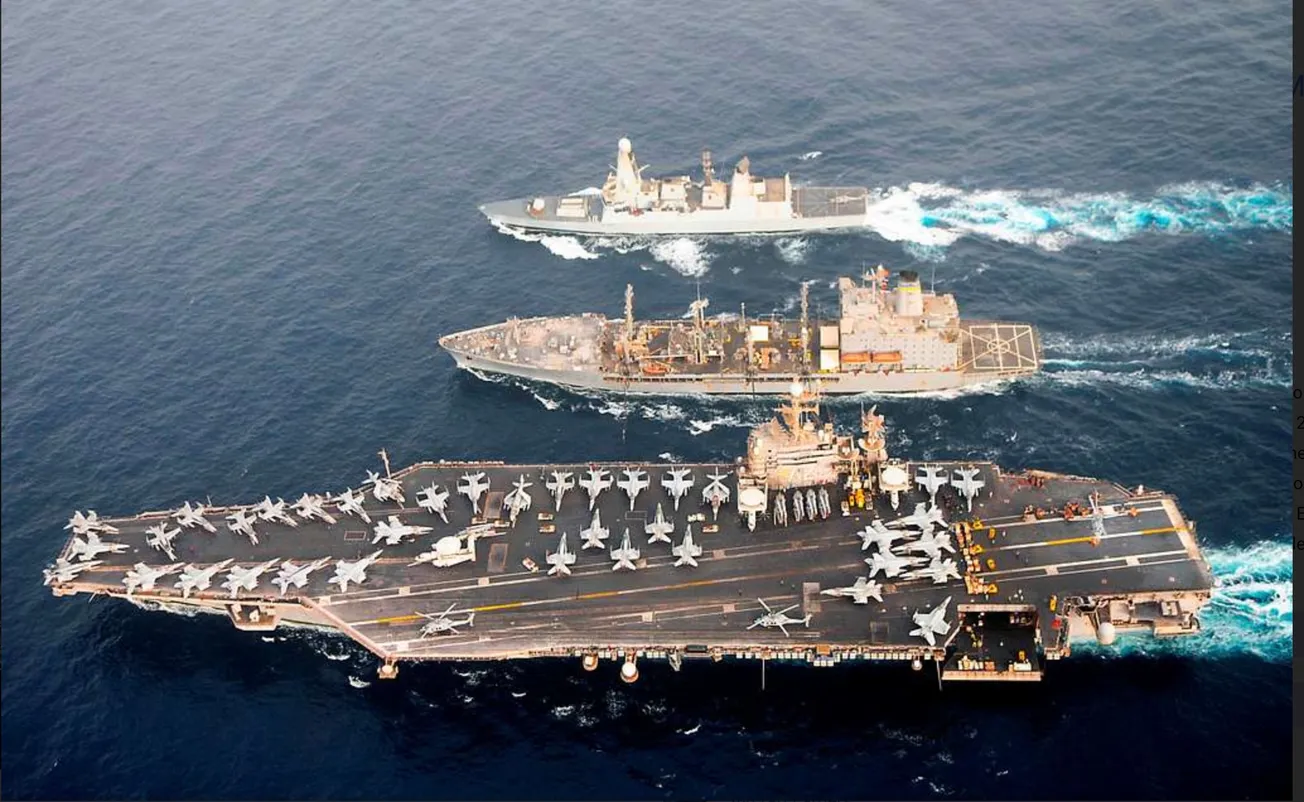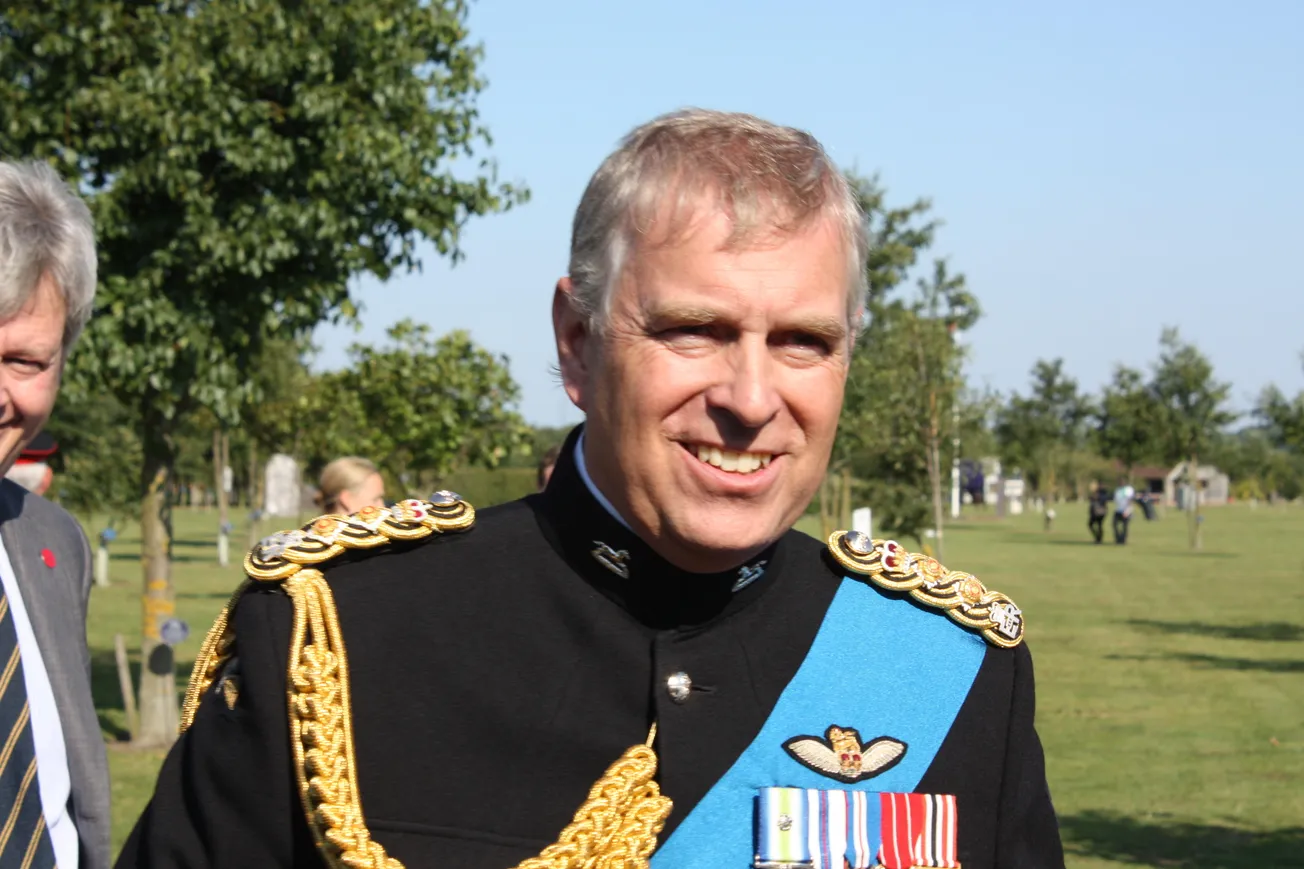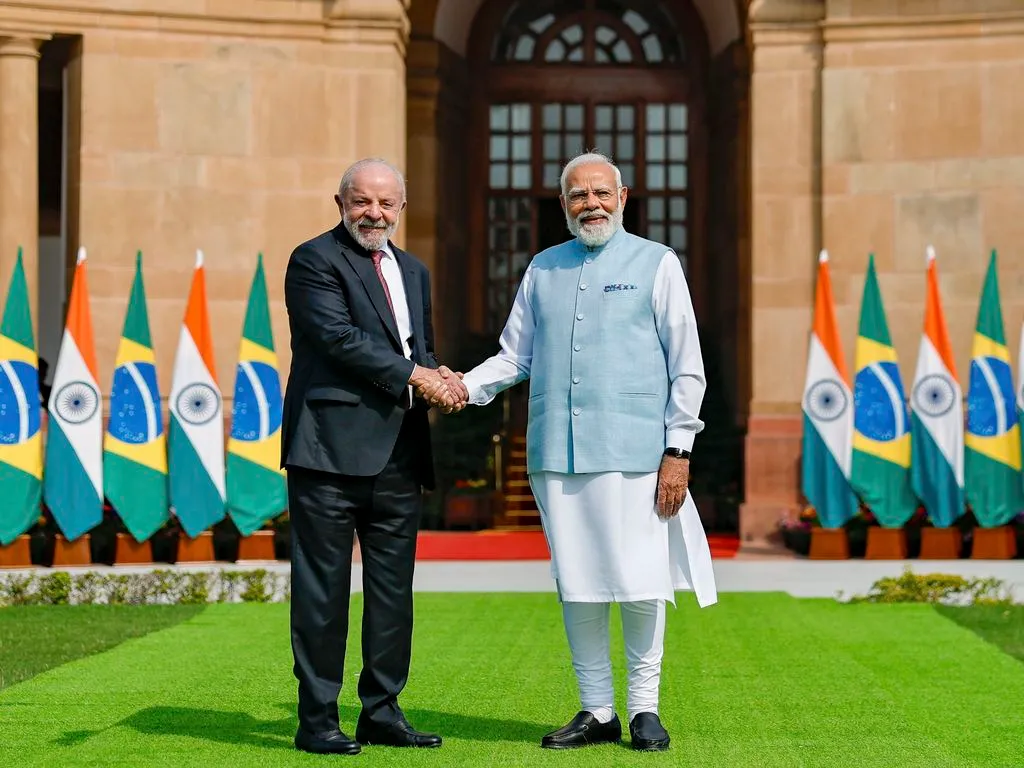China and Japan may have given the region, and the world, a very nice Christmas gift. Japan’s foreign minister went to China on Dec. 25 for a series of meetings to follow up on the meeting between China and Japan at the APEC summit in Lima, Peru. Cultural commitments were made on many fronts, including youth and educational exchange visits, sister city activities, improvements in visa-free travel, increased support for translation of each other’s classic works, and cooperation among think tanks. China’s foreign minister urged exchanges that will allow people to “personally feel the friendly sentiments between” the two countries and cultures.
This is particularly significant, since Japan has been courted to be the centerpiece of an "Asian NATO" and participated in a trilateral meeting with the U.S. and the nearby U.S.-occupied nation South Korea. Negative sentiment among the people of the two countries is damaging future prospects, as are hot political topics. China and Japan must "properly handle contradictions and differences," said Wang Yi, to avoid "letting differences define or even hijack the bilateral relationship."
In another positive development, Pakistan and Russia are moving forward toward establishing direct freight routes by rail.
Contrast these actions towards cooperation and growth with the conflict being stirred up by Anglo-American NATO and its extensions:
Ukraine announced it has received the first $1 billion of a “loan” financed by accrued interest on the $300 billion of Russian frozen assets in the U.S. and Europe, in an act of theft that Russia has repeatedly said would be illegal and which would demand a response.
On the military front, Russia has launched a series of strikes on Ukrainian power infrastructure, and a military expert has warned Ukraine that if it develops its own long-range missiles capable of striking Moscow, Russia will destroy the weapon workshop with hypersonic and cruise missiles. The U.S. is sending an aircraft carrier group to the South China Sea. And, in a development that may or may not be related to recent statements by President-elect Trump, Denmark has announced it is increasing military spending in Greenland. Meanwhile, in Southwest Asia, U.S. forces are reportedly stealing air defense equipment from Syria while tension is rising between Israel and the Houthis.
Where will all this lead? Will control over the destinies of the NATO countries be wrested from their Anglo-American (and Brussels-based) controllers? Will an alternative policy to attempted hegemonism gain the ascendancy? Will Israel turn away from its current policy of regional hegemonism through weakening any competitors? Will the incoming U.S. President realize that he can’t both seek out a good relationship with China while staffing his administration with people who think they are already in a Cold War with that nation?
These are questions that we must actively answer through what we do, in the remainder of this year, and in the next.
In all things, start with the unique character of our beautiful species, different from all other known life. The universal human ability to make true discoveries of principle, to go beyond the sense-perceptual world to hypothesize, ever less imperfectly, the underlying principles that govern the actions we see, projected as if shadows on a cave wall—this is what we must acknowledge as human nature, a nature expressed in the Renaissance ideal of man as made in the living image of God. For a powerful, American expression of this idea, listen to Dr. Martin Luther King, Jr.’s Christmas sermon of 1967.


